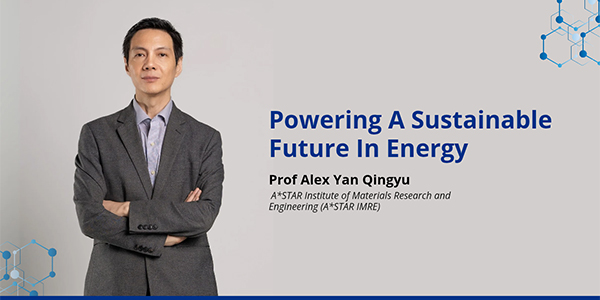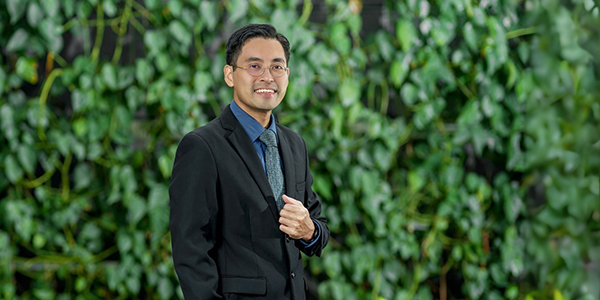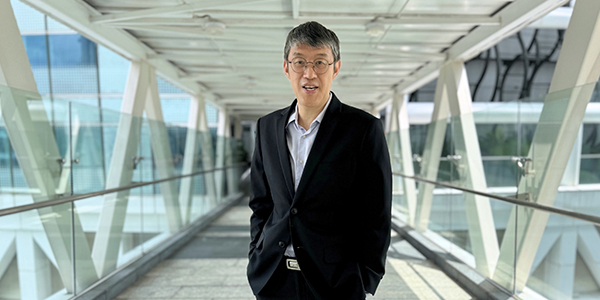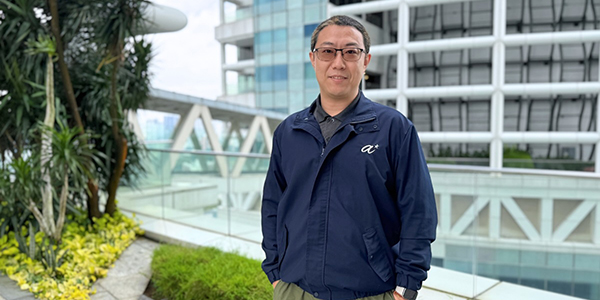FACES OF A*STAR
Change Is A Constant: Building Our Arsenal Against Adaptive Cancer Cells
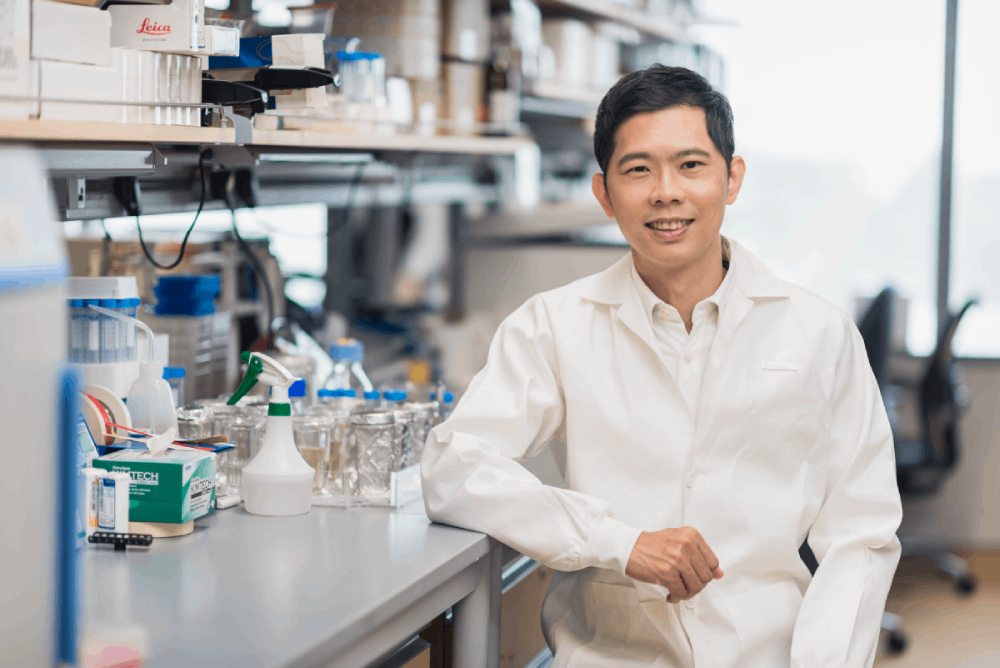 Dr Tam Wai Leong, Deputy Executive Director at A*STAR’s Genome Institute of Singapore (GIS)
Dr Tam Wai Leong, Deputy Executive Director at A*STAR’s Genome Institute of Singapore (GIS)
Unravelling the secrets of cancer cell dynamics can revolutionise cancer management.
Leading this innovative research is Dr Tam Wai Leong, Deputy Executive Director at A*STAR’s Genome Institute of Singapore (GIS). He also heads the Laboratory of Translational Cancer Biology at GIS .Concurrently, he has an administrative appointment as the Director of Graduate Affairs at A*STAR.
Having received the A*STAR Graduate Scholarship and A*STAR Postdoctoral Fellowship, Dr Tam's journey is driven by a passion for transformative biomedical research. In this article, he sheds light on his discoveries and the immense potential they hold in shaping the future of cancer treatment strategies.
Q: Cancer is a leading cause of death in Singapore and globally. What new findings have you uncovered that could help with better management of the disease?
A: Cancer cells are highly dynamic, capable of transforming and even forming resistance to cancer drugs—a phenomenon known as cancer cell plasticity. By delving into the causes of these changes, we can develop strategies to circumvent drug resistance. This approach complements conventional therapies like chemotherapy, offering better management of cancer.
Q: Can you provide another example of how cancer cell changes can be controlled to help patients?
A: In our study of breast cancer, we discovered that fatty acid metabolism drives the spread of cancer cells. By targeting this process with drugs, we hope to limit the cells' ability to spread and become more aggressive.
Q: Since cancer cells are so adaptable, can they be changed into cells that are more benign for patients instead?
A: Yes, we found a way to change some cancer cells into benign cells through a process known as protein prenylation. By activating this pathway, some of the cancer cells transformed into fibroblasts, which are essential in making connective tissue in our bodies. This transformation, referred to as transdifferentiation, reduces the cancer cells' ability to form tumors and grow aggressively. It suppresses the malignancy of otherwise aggressive cells, thereby slowing or stopping the spread of cancer. This evidence suggests that controlling how cancer cells change, or their state of plasticity, can help manage the disease more effectively.
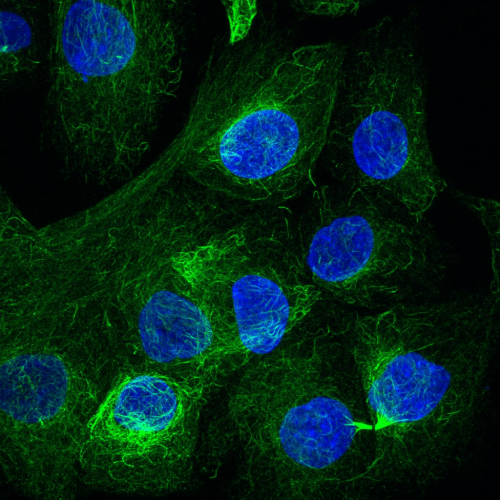 Microscopic view of breast cancer cells undergoing transdifferentiation (Photo credit: Elena Pathak / GIS)
Microscopic view of breast cancer cells undergoing transdifferentiation (Photo credit: Elena Pathak / GIS)Q: How did the A*STAR scholarship support you in your career?
A: The A*STAR Graduate Scholarship opened doors for me to work on cutting-edge research in A*STAR's premier research institutes. It paved the way for my career in biomedical science. Later, with the A*STAR postdoctoral fellowship, I pursued my training at the Massachusetts Institute of Technology (MIT) under the mentorship of renowned cancer biologist, Bob Weinberg.
Now, as Director of Graduate Affairs for A*STAR, I have the privilege to mentor bright young minds who will become tomorrow's scientific leaders. The path set by A*STAR scholarships has been truly rewarding.
Was this article helpful?
A*STAR celebrates International Women's Day

From groundbreaking discoveries to cutting-edge research, our researchers are empowering the next generation of female science, technology, engineering and mathematics (STEM) leaders.
Get inspired by our #WomeninSTEM

